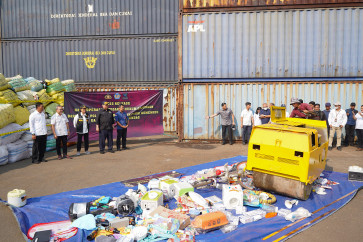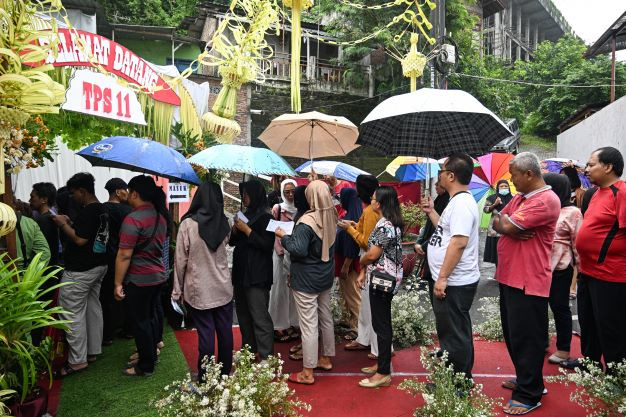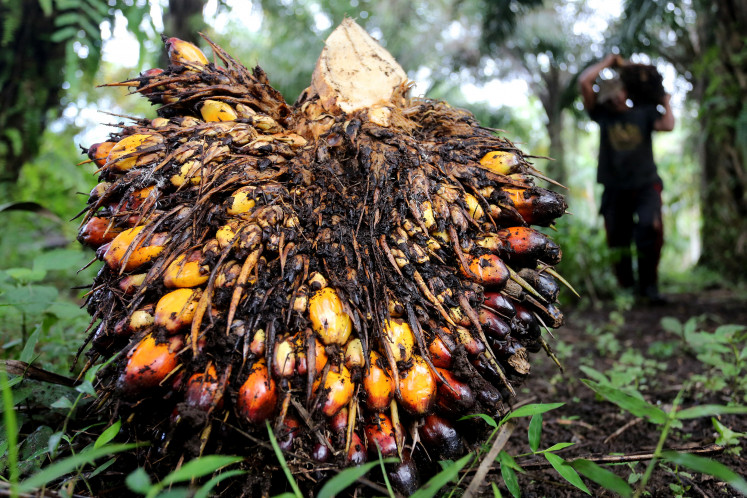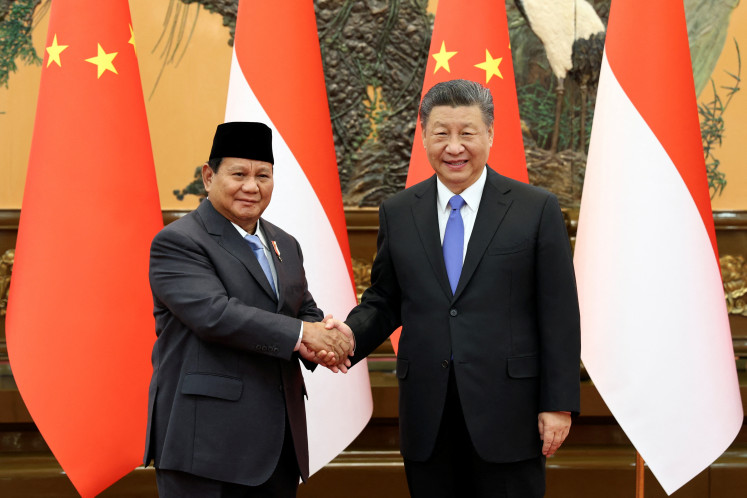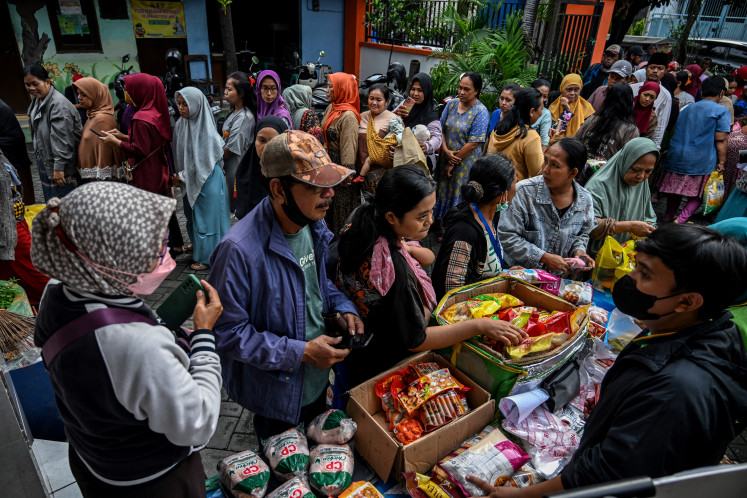Death does not become us
As in the execution of drug convicts, there were indications of administrative violations that, according to the Ombudsman, might have led to the deaths of innocent people.
Change Size
 Illustration: death penalty. (JP/Budhi Button)
Illustration: death penalty. (JP/Budhi Button)
P
resident Joko “Jokowi” Widodo revived the old debate on the death penalty when he recently mulled over executing graft convicts as a deterrence against corruption, which Indonesia has declared an extraordinary crime. Yet, not only has capital punishment failed to offer a panacea for Indonesia’s painstaking efforts to deliver justice, it is vulnerable to politicization or becoming a public relations gimmick just to show that the government is serious about upholding the law.
Nothing would be new with this tough approach as Jokowi has used the same in the past. In the first few years of his first term, the state executed 18 drug convicts, mostly foreigners, regardless of protests at home and overseas. A number of foreign government leaders tried in vain to save their nationals from the firing squad.
The bold policy proved detrimental to Indonesian diplomacy. Apart from risking bilateral relations with certain countries, it deprived Indonesia of a chance to prevent its own citizens found guilty of serious crimes abroad from being executed. As a country that upholds capital punishment, Indonesia simply lacks justification to ask other countries to spare the lives of its nationals.
It was perhaps international pressure that eventually prompted Jokowi to temporarily stop the executions of drug convicts on death row in 2017. The moratorium should lead to complete abolition of capital punishment either for drug-related crimes or corruption for several reasons.
As in the execution of drug convicts, there were indications of administrative violations that, according to the Ombudsman, might have led to the deaths of innocent people.
The Ombudsman found that the Attorney General’s Office executed Humphrey Jefferson when the convict was waiting on the President’s mercy, which violated Law No. 22/2002 on clemency. The Ombudsman said the law had been enforced discriminately, at the expense of the Nigerian national’s life.
In some cases, if not many, the state has failed to comply with the principle of fair trial when it comes to alleged drug offenses. Philippine national Mary Jane Veloso was spared execution by a firing squad after it was found the court provided her with an unqualified university student as her interpreter during her trial. She was sentenced to death in 2015 for trafficking heroin, but President Jokowi gave her a reprieve at the request of then-president Benigno Aquino III.
Hopes abounded that criminals on death row could avoid execution after the Constitutional Court ruled in 2013 that an inmate could file a case review petition multiple times within an unlimited period, on condition that their cases met the requirements under the Criminal Law Procedures Code and that new evidence was provided.
However, as long as Indonesian law maintains capital punishment, executions will continue and so will the death of people who were at the wrong place at the wrong time when a crime took place, with no power to defend themselves. Nor have we heard of the end of the use of torture and intimidation to extract confessions or of the so-called judicial mafia, which can deprive citizens of the justice they deserve.



